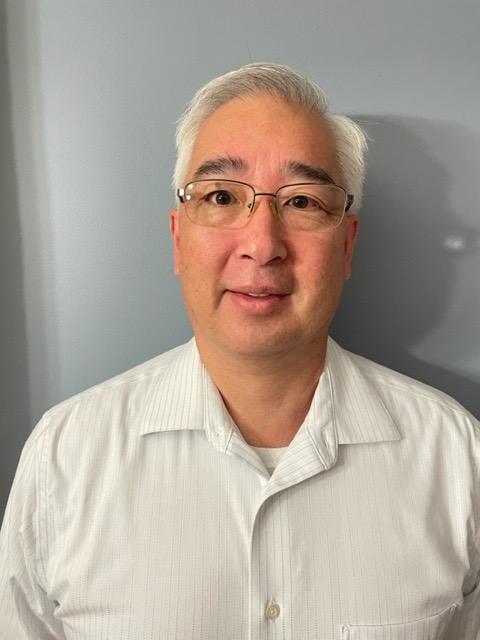Ken Ogawa has served as St. Joe’s executive director of Facilities Management since the height of the covid 19 pandemic in 2020. Ogawa studied mechanical engineering, receiving his undergraduate degree from University of California, Davis, and his master’s degree from the University of Maryland. Ogawa also served in the Navy as a nuclear trained officer working on submarines for about seven years before transferring to the Civil Engineer Corps, where he managed facilities internationally. The Hawk sat down with Ogawa to learn more about his role on campus.
The Hawk: What specifically is Facilities management? What is involved in your role as executive director?
Ogawa: At the highest level, Facilities management manages all of the existing buildings on the campus. So, doing all the maintenance, the housekeeping, the grounds. Environmental health and radiation safety also fall within my purview, so we take care of all the lab safety, occupational safety issues and all the permits associated with environmental regulations.
The Hawk: What is one of the biggest challenges you have faced in this position?
Ogawa: The challenge with this position is there’s just a lot of assets on this campus that are of a large variety of conditions. And, obviously, we have just merged with the University of Sciences and are planning on this merger with the Pennsylvania College of Health and Sciences. And so, integrating all of those resources together — just the buildings, the people and the funding — and then as we move from University City to Hawk Hill, that’s obviously a pretty huge challenge trying to coordinate and manage that.
Part of the challenge with Facilities is that when we’re dealing with a building, it’s a very long time horizon. When we start talking about a building, you’re talking about a system that might have a 20-, 50-, or even 100-year life. If you make the wrong decision, it can really impact the university for a long period of time. We have to be very careful about where we put those resources. With as much change as we’re having right now, it’s obviously very challenging.
The Hawk: So you don’t have to be an engineer to work in Facilities management?
Ogawa: No, absolutely not. In fact, out of my exempt staff, the ones that work for me, I believe I am the only one with an actual engineering degree. So there’s a broad range of backgrounds. And then, obviously, we don’t have an engineering school or architecture school where you find more people that go into facilities management. But we do have environmental health radiation safety, so a lot of the life sciences that we have here could go right into that type of profession. I have a certified industrial hygienist and an environmental health specialist that work for me. There’s opportunities to learn, or at least intern, or even just talk to people about what [the field] is like.
The Hawk: How has your role changed since you arrived here?
Ogawa: I’ve only been at the university for three years, so I got here during the pandemic. It has changed a lot, just from that perspective. Now we’re going back into a more normal environment, but it’s not the normal that we had before. It’s the new normal. And so it hasn’t stopped changing. And it never will stop changing between all of those different things. It’s just the nature of this type of job, [hearing] the needs of the universities and how we can best support them constantly changing. It’s an evolution.












































